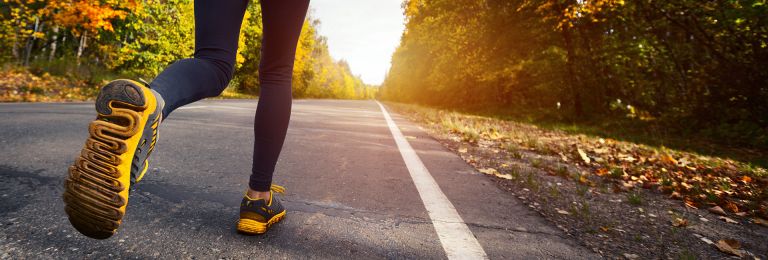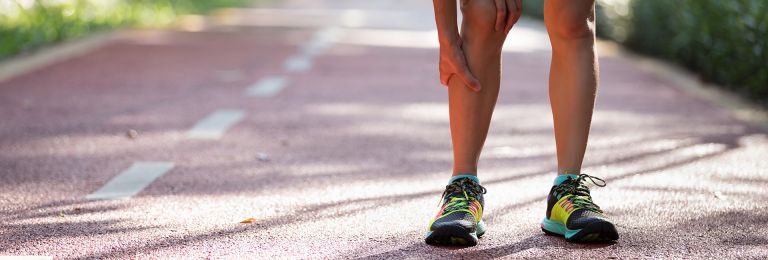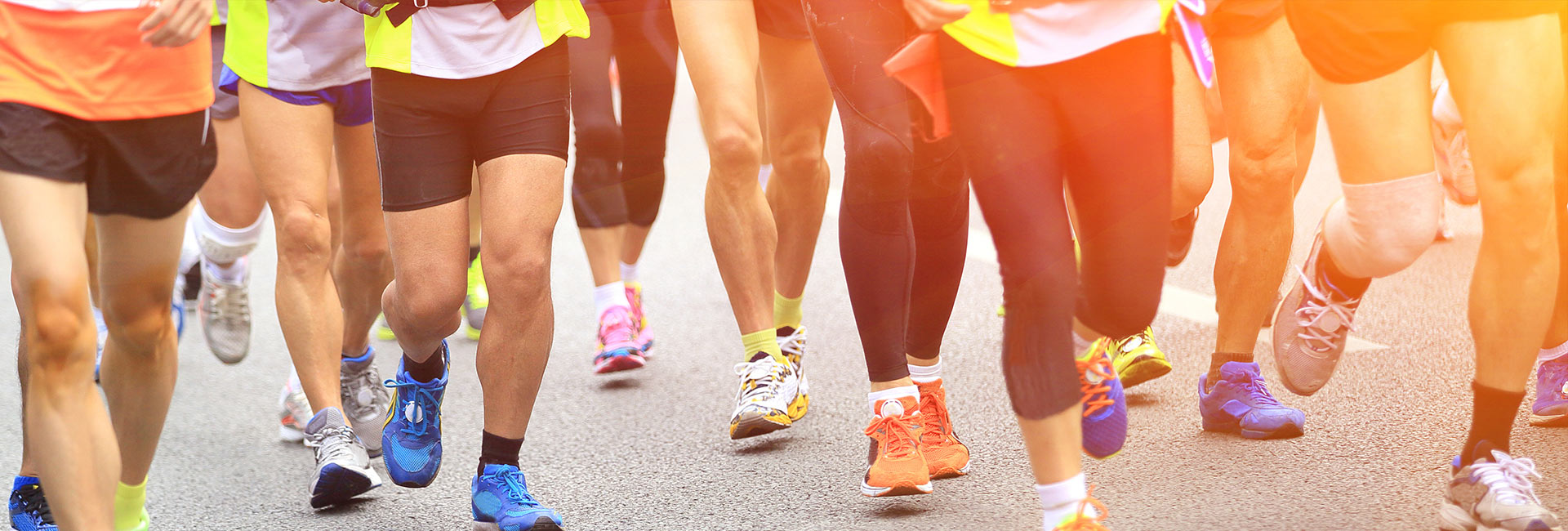Running on Thanksgiving
So you’ve taken the plunge again this year and signed up for a Turkey Trot. Turns out, you are not alone. It seems that lacing up our running shoes and hitting the streets on Thanksgiving is a pretty popular choice with estimates of more than a million people participating in Turkey Trots across the United States last year.
Maybe it’s to assuage our pre-meal guilt for the inevitable consumption of an absurd amount of calories. Or maybe it’s getting our legs loose for the mad rush at 3 am for the hottest Black Friday deals. Either way, it appears as though runners LOVE to run on the holidays.
Here at Therapeutic Associates, we love to see people in our communities out being active around the holidays! While we will always encourage you to get out and get moving, we also want to be a resource to get you started on the right foot and keep you safe and injury free.
Here are 5 of my top tips for preparing for a holiday run!
Know (or find out) your runing limits ahead of time.
“Run a 5k on Thanksgiving? Sure, I ran one in 1996!”
Running is a natural human motion. As much of our ancestral history suggests, we are built to run. However, ability and specificity of running doesn’t always carry over after 25 years of armchair quarterbacking. If you are hoping to run in a holiday event, go slow and know your limits. If you haven’t run for a while, consider going out for a short run about 3-5 days before your event to test your legs out and to reduce the chance you won’t be able to take the stairs into work on Monday morning because of leg soreness or pain.
A little stretching and warm up never hurt anyone.
“Stretching? Who said I needed that?”
We will be honest. Having your PT tell you to not stretch or warm up before your run is like having your dentist tell you not to floss. However, research is a little unclear about whether stretching before a run can actually reduce your overall injury risk. However, we do suggest that there is value to performing SOME level of warm up before you try to crank out your personal best time that you set as a 14 year old track prodigy at Horizon Grammar School. Here’s what we suggest: about 15-20 min before your event, start moving gently and gradually build up your effort as the event gets closer. Walk, light jog, dance, or follow our runner specific dynamic warm up. Either way, get your body moving and ready to participate before going from 0-60.
During your event, run to your perceived exertion, not to the pace of others around you.
“5 minute/mile pace? Sure that sounds doable!”
If you don’t happen to have a fancy running watch or coach telling you how fast to run, don’t worry! It turns out that the amazing machine between our ears is great at determining how hard we are working and self governs our effort to help us not overdo things. When running on your upcoming Turkey Trot or Holiday Run, know your appropriate level of exertion for your experience level. If you don’t run often, or if you are a runner of many years, using the internal feedback system finely honed over millions of years is a great way to keep you healthy and safe during the run. Most people will do great to keep their perceived effort around 13-17 on the RPE scale.
Warm down after your big effort for improved post race outcomes.
“Give me that medal and show me the way to the snacks and beverages!”
So you finished your run and are ready to celebrate! Go for it, you deserve it! But, before you go too crazy with the free cranberry sauce goo packet, consider taking a few minutes to let your body warm down. Keep moving and walk for a couple of minutes after the run. Try some light stretching, or find the foam roller station at the race. Here is a great post run foam rolling routine for runners that is a great way to ease some of effects of muscle fatigue.
Seek out help from your local physical therapist if something didn’t go well.
“Felt great while I was running, not so great on Monday.”
If your race didn’t go quite as planned and you either want to improve your future performance or are now dealing with a nagging injury, get evaluated by a Physical Therapist. If pain has persisted longer than a few days, often times physical therapy can help with treatment of your current pain and to help prevent future injuries. Running analysis done in the clinic or at our Motion Lab if you are in the Portland Metro region can be a game changer for your evolution as a runner. We will help you build back to being the best runner you want to be. Most of our clinics accept new patients within 24-48 hours and we accept all major insurance plans. Many plans don’t even require you to have an MD referral to see us. Give us a call or click here to schedule an appointment at your nearest Therapeutic Associates location.
Whether Thanksgiving 2023 marks your first ever Turkey Trot, or you’re a seasoned runner, physical therapy can be a great resource to ensure you have a fun and injury-free race! In fact, physical therapy should be as routine as an oil change! So before you begin your training (or decide to skip it), find a Therapeutic Associates Physical Therapy clinic near you and let one of our experts work with you to optimize your performance! Never been to physical therapy? Don’t worry, your first appointment will be a breeze. In the meantime, check out the blog resources below or explore our main blog page for other running-specific topics.

Starting a Running Program
Running could just be the perfect exercise. it doesn’t require a membership, you don’t need to take a class or hire a trainer, it gets you outside, and the only equipment you need is a pair of running shoes.

10 Laws of Preventing Running Injuries
It is important to be sure your body is prepared to handle the running you challenge yourself with, whether it’s high mileage, fast pace, hills or trails riddled with obstacles.

Glute Activation for Runners: 3 Moves Beyond the Basic Clamshell
Contrary to popular belief, running on its own is not enough to keep your legs strong. Whether you are hitting the trails for the first time or finally tackling that race you’ve been training for, try these exercises to tap into the strength of your glutes.

Ready for your Turkey Trot?
If you have any questions, have pain preventing you from enjoying your running, or you are interested in more personal and specific programs, your local Therapeutic Associates Physical Therapy expert can help.

